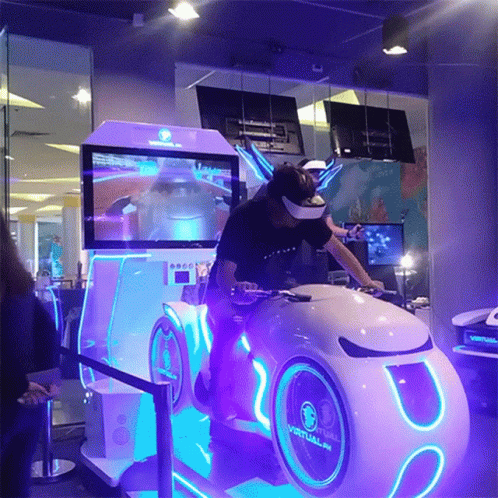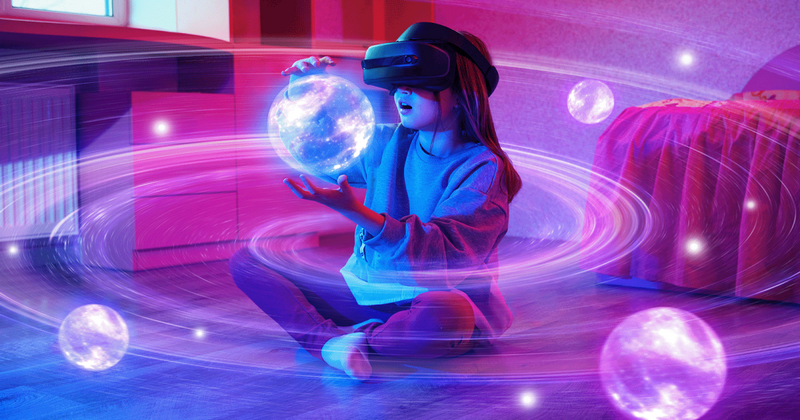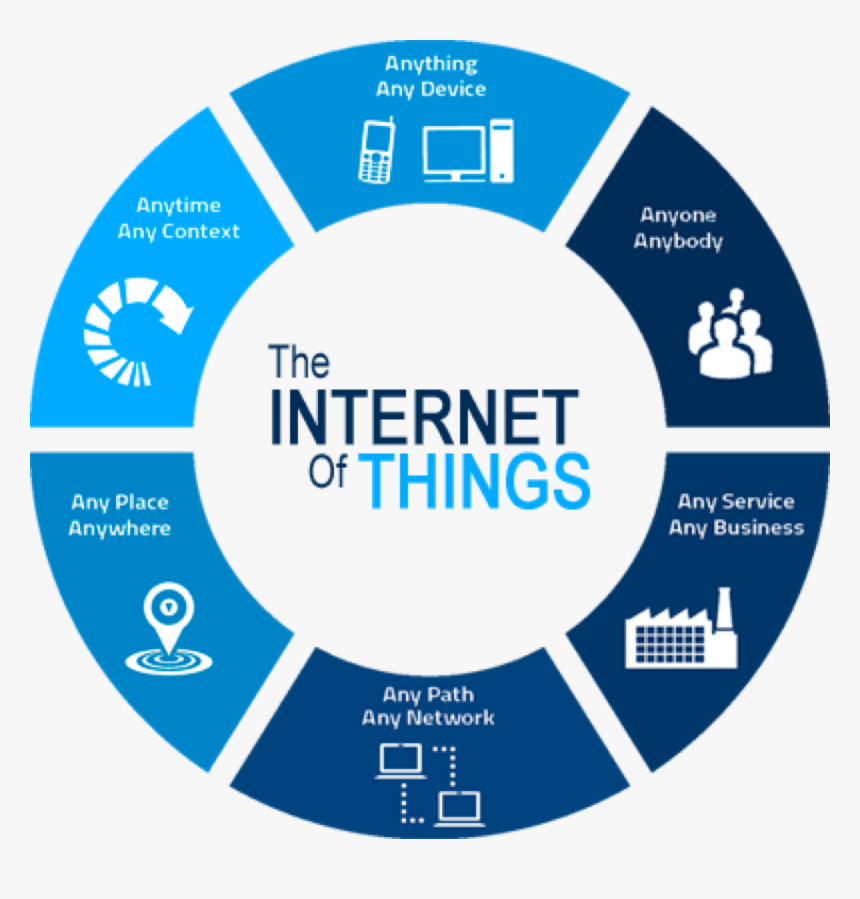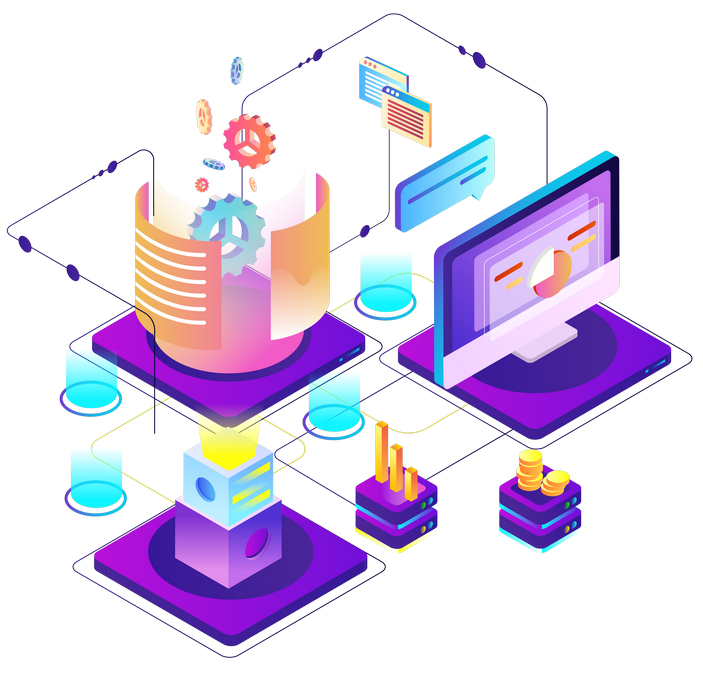The world of technology is constantly evolving, and one of the latest buzzwords that has been making waves is the “metaverse.” This futuristic concept has captured the imaginations of tech enthusiasts and industry experts alike, sparking conversations about the future of virtual reality and its potential impact on various aspects of our lives. This article will delve into the metaverse, its definition, key components, applications, challenges, and concerns, providing you with a comprehensive understanding of this emerging concept.
Introduction
Rapid technological advancements have paved the way for groundbreaking innovations, and the metaverse stands at the forefront of this technological revolution.
It can be best described as a virtual universe, a collective digital space where users can interact with one another and their surroundings in real time. It goes beyond traditional virtual reality’s boundaries and seamlessly integrates the physical and digital realms.
Definition of Metaverse
The metaverse can be defined as an immersive virtual environment that allows users to engage in various activities, create content, and experience a sense of presence through the use of advanced technologies like virtual reality (VR), augmented reality (AR), mixed reality (MR), and the internet of things (IoT).
It is a convergence of different technologies, creating a shared space where users can explore, interact, and collaborate.
Historical Background
The metaverse concept has its roots in science fiction literature and popular culture. Neal Stephenson first introduced it in his novel “Snow Crash” published in 1992. In the book, Stephenson envisions a virtual reality-based metaverse where people can create avatars, socialize, and engage in various activities.
This seminal work laid the foundation for developing and popularizing this concept.
Key Components of the Metaverse
To better understand the metaverse, it is essential to explore its key components contributing to its immersive nature and functionality. These components include:
1. Virtual Reality (VR)

VR technology enables users to enter and interact with a simulated environment through specialized devices such as headsets and motion controllers.
It provides a sense of presence and immersion, making users feel physically present in the virtual world.
2. Augmented Reality (AR)

AR overlays digital content in the real world, enhancing users’ perception and interaction with their surroundings. It combines virtual elements with the physical environment, enabling users to blend the two realms seamlessly.
3. Mixed Reality (MR)

MR combines VR and AR, creating an environment where virtual and real-world objects coexist and interact in real-time. It allows users to perceive and interact with digital content while maintaining a connection to the physical world.
4. Internet of Things (IoT)

The IoT is a network of interconnected devices and objects that can communicate and exchange data. In the context of the metaverse, the IoT plays a crucial role in connecting the physical world with the digital realm, creating a seamless integration of the two.
5. Blockchain Technology

Blockchain technology, known for its decentralized and transparent nature, has the potential to revolutionize the metaverse. It can provide secure and immutable transactions and ownership verification and enable the creation of virtual assets with real-world value.
Applications of the Metaverse
It has the potential to transform various industries and reshape the way we live, work, and interact. Here are some key applications of the metaverse:
1. Gaming and Entertainment
The gaming industry has been at the forefront of exploring the possibilities of the metaverse. It offers immersive gaming experiences, virtual worlds, and social interactions, providing gamers with a sense of community and endless possibilities for exploration and creativity.
It can also revolutionize entertainment by enabling interactive storytelling and personalized content experiences.
2. Education and Training
The metaverse holds immense potential in the field of education and training. It can provide immersive and interactive learning environments, allowing students to explore historical events, conduct virtual experiments, and collaborate with peers worldwide.
It also offers professional training, simulations, and skill development opportunities in various industries.
3. Communication and Socializing
The metaverse can revolutionize communication and socializing by enabling virtual gatherings, conferences, and events. It offers a sense of presence and proximity, allowing people worldwide to connect and interact in real time. It also provides platforms for virtual communities, fostering social connections and collaborations.
4. Business and Commerce
The metaverse has the potential to reshape the way businesses operate and interact with customers. It can enable virtual marketplaces, where users can buy and sell virtual goods and services. Brands can create immersive experiences to showcase their products, and virtual reality can revolutionize the shopping experience by allowing users to try products before making a purchase.
Challenges and Concerns
While the metaverse holds great promise, it also presents certain challenges and concerns that must be addressed. Some of the key areas of concern include:
1. Privacy and Security
Ensuring user privacy and security becomes crucial as the metaverse becomes more pervasive. The collection and usage of personal data in virtual environments raise concerns about data protection, identity theft, and surveillance. Striking the right balance between personalization and privacy is a challenge that needs to be addressed.
2. Ethical Considerations
The metaverse raises ethical questions regarding user behavior, content moderation, and digital rights. Creating and distributing inappropriate or harmful content, cyberbullying, and virtual crimes are some of the ethical challenges that need to be tackled to create a safe and inclusive metaverse.
Frequently Asked Questions
What is the metaverse?
The metaverse refers to an immersive virtual environment that allows users to engage in various activities, create content, and experience a sense of presence through advanced technologies.
How is the metaverse different from virtual reality?
While virtual reality focuses on creating immersive experiences, the metaverse goes beyond that by integrating virtual and physical realms and enabling real-time interactions.
What are some key components of the metaverse?
It comprises technologies such as virtual reality, augmented reality, mixed reality, the Internet of Things, and blockchain.
How can the metaverse be applied in education?
The metaverse can provide immersive and interactive learning environments, allowing students to explore, collaborate, and engage in simulations and virtual experiments.
What are the challenges associated with the metaverse?
Privacy, security, and ethical considerations are among the challenges that need to be addressed in developing and implementing the metaverse.
Conclusion
The metaverse represents a futuristic vision of a digital realm that seamlessly integrates with our physical reality. It can potentially revolutionize various industries, from gaming and entertainment to education, communication, and commerce.
However, it also presents challenges regarding privacy, security, and ethical considerations that need to be addressed to ensure a safe and inclusive metaverse. As technology evolves, the metaverse offers exciting possibilities and opens up new avenues for exploration, collaboration, and creativity.







